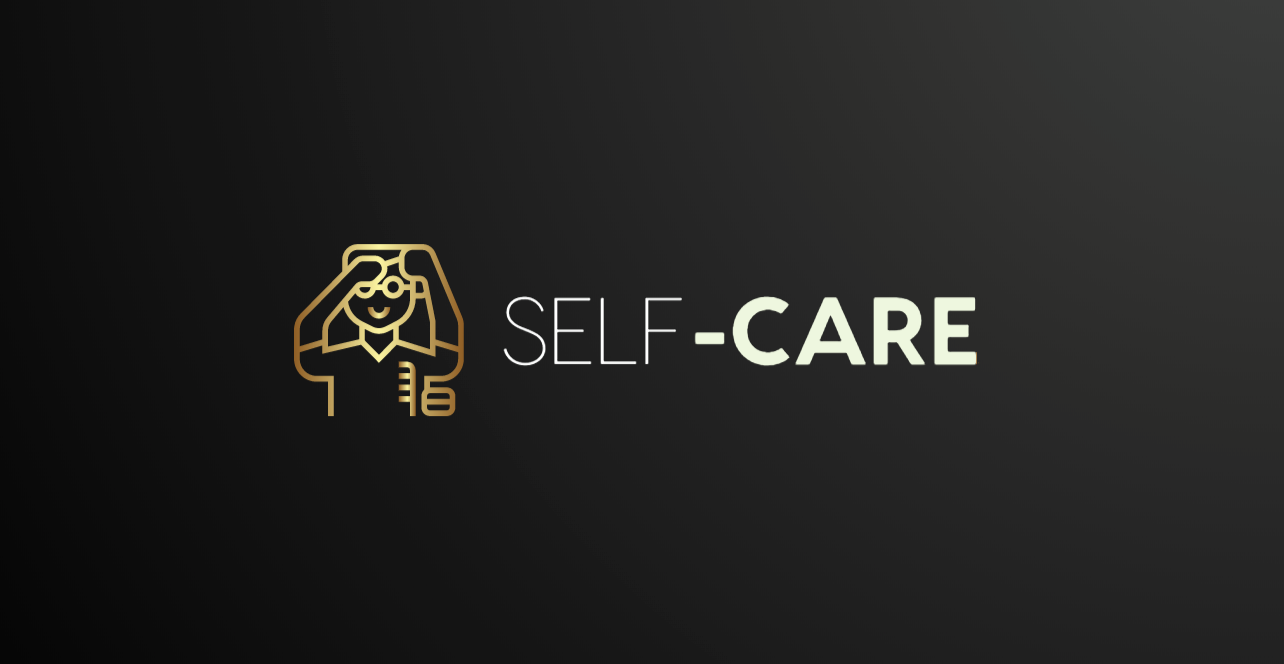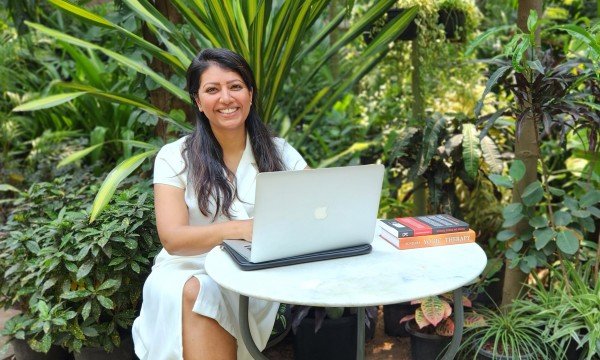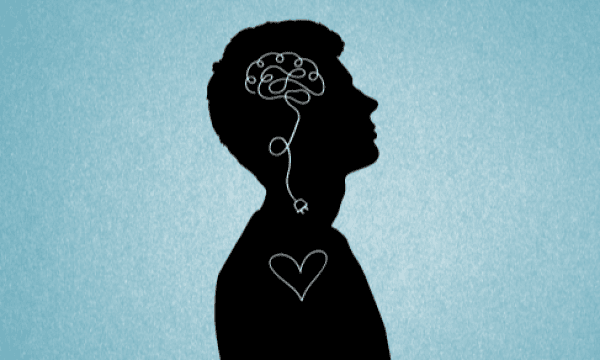
Thivishah and I (Alakshiya), are two final year McMaster University students, who took on the initiative to help post-secondary students’ cope with their mental health needs by encouraging self-care. We have created an online platform which provides ideas, resources, and showcases how others practice self-care. Being Tamil ourselves, we are aware of the cultural impacts that influence our communities’ outlook on mental health. Despite this, we wanted to help normalize the highly stigmatized topic in our Tamil community. We hope after reading our article and exploring our resources, it inspires everyone to manage their well-being during the COVID-19 global pandemic.
Mental health is commonly unheard of in South Asian culture. Moreso, discussing mental health is considered a taboo in many Tamil households. That being said, we are both Tamil females who understand the difficulties in expressing mental health, given our cultural norms. Through this article we will further discuss our personal experiences, along with the responsibilities and expectations placed amongst children of immigrant parents.
To start off, our parents were victims of the civil war and fled Sri Lanka to seek a better life for their families. We are continuously reminded of the hardships they had to face! Hearing their stories helped us understand the sacrifices’ they made, and we have always felt an immense pressure to not disappoint. With the war taking over their lives, our parents never had the opportunity to succeed and receive a proper education. As well, they never had much time to learn and fully adapt to the Western culture that their children are raised in. Having gone to McMaster as first-generation female students, we struggled to juggle between school, our Tamil upbringing, and the modern culture that presently exists.
As we grew older, our parents’ gender role attitudes were getting out of hand. Given that we are South Asian females, we had highly absurd expectations placed upon us. A few of these expectations included getting perfect grades-, being able to cook, clean, dress modestly, and refrain from partying. All of this is done in preparation to be an acceptable spouse for the future. However, in comparison to our brothers, they were never pressured to learn how to cook or clean, because their future,“traditional” wives would ultimately do that for them. Living away from home for the purpose of school was mainly to escape these expectations. We wanted to experience the little freedom that we had always wished for!
Initially, we had difficulties adjusting to this newfound independence. Before high school, we were extremely comfortable in this constant cycle of seeing the same people, as well as, having an excessive dependency on our parents and teachers. Being in undergrad, it was very difficult to thrive on our own, not only academically, but mentally, physically, and socially. Growing up, we both had our own mental health issues, in which we never took the time to acknowledge. The lack of open communication being prominent in our households’ had held us back from recognizing these issues. Once we got into university, our well-being was deteriorating. We did not know who to reach out to, or where to find resources to help us cope, without feeling ashamed. If we had understood that having mental health issues is far more common than we had known, we would have made an attempt to reach out sooner.
Now that we are final year undergraduate students, we intend to complete school by Fall 2020, however, school will be online amid the COVID-19 pandemic. Not to mention, this has resulted in us moving back into our homes sooner than expected. After reflecting on our own experiences, we have grown a desire to educate others on how they can cope with their mental health. We felt that it was appropriate to address these issues due to the physical isolation imposed upon us, as a result of this global pandemic.
Our project mainly revolves around us sharing various mental, physical, and emotional coping strategies online. We have developed an online platform, with resources that students may find helpful during these uncertain times. Our website has an online community page in which students are able to submit a picture/video of how they practice self-care. In addition, we created an Instagram page for individuals to refer to. Through our hashtag, #covidselfcare101, we hope to create an online community for students to remember that we are all in this together! Although our project is tailored towards post-secondary students, a lot of our resources are applicable to anyone! Moreso, we thought that writing this article from the perspective of fellow upper-year Tamil students would be a great opportunity to open the conversation in our community. Please take this quarantine experience as an opportunity to reflect and discover yourselves, by trying new things or rediscovering old hobbies.
We believe that every individual deserves to prioritize their mental, emotional, and physical well-being. All the more, we believe having a healthy and safe community is vital during this global pandemic. Remember that it is physical distancing, not social distancing! Please reach out to any of the online resources we have provided, or find a mental health resource that appeals to you! Also, feel free to dm us on Instagram @letss_selfcare if you want more information, or someone to talk to. The account is only run by Thivishah and I (Alakshiya). All interactions will be confidential.
https://linktr.ee/letss_selfcare
-Alakshiya Arumuganathan and Thivishah Rajsekar

























